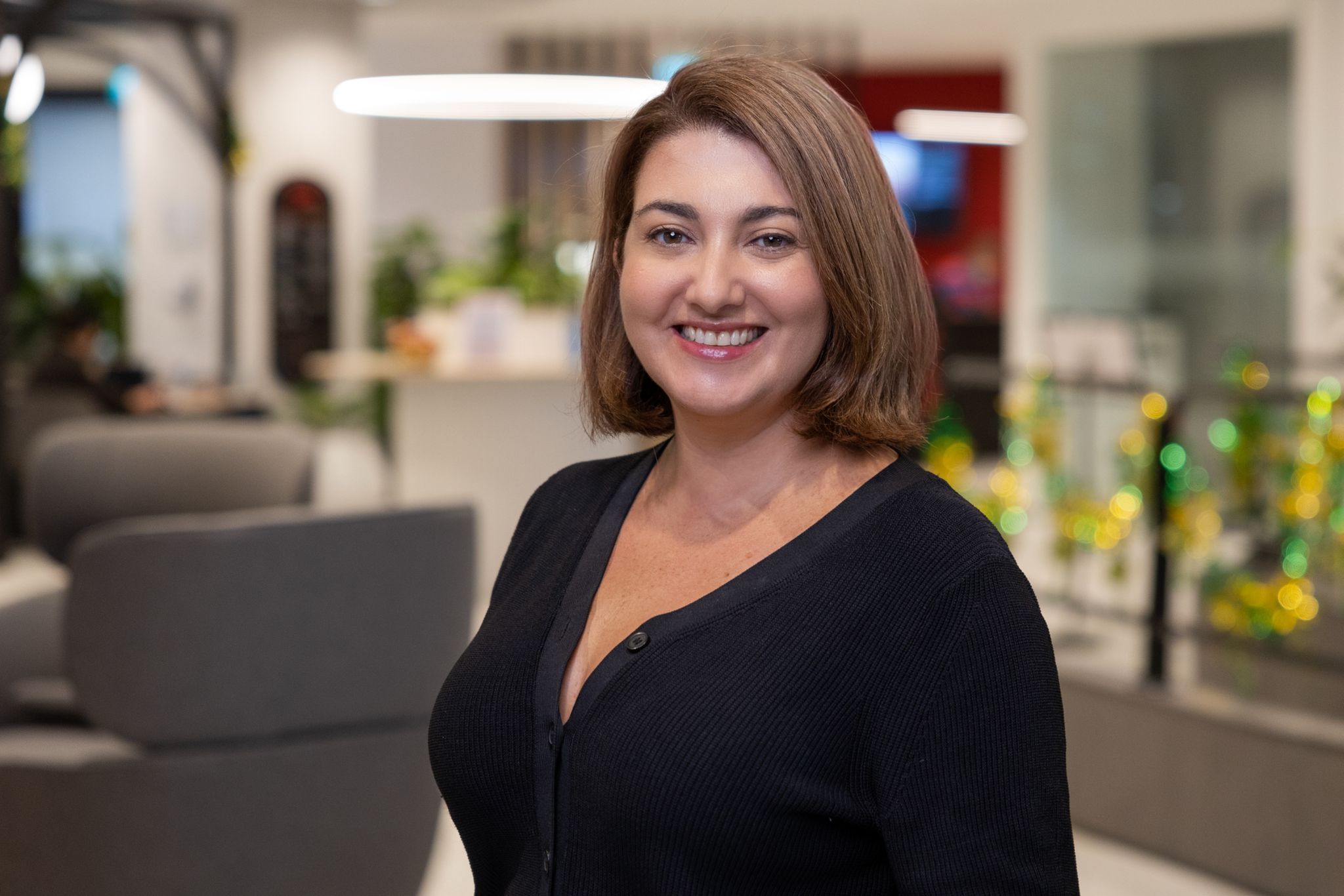Building an inclusive workplace for disabled employees

Organisations looking to attract top talent should look to become more inclusive by providing a safe space and work environment for their employees, especially those with disabilities. And no one knows more about building a safe environment for disabled employees than Cushman & Wakefield’s facilities and engineering arm, C&W Services.
Speaking to HRM Asia, Natalie Craig, Managing Director, C&W Services Singapore, discussed why the facilities management industry is pivotal to the lives of disabled people. “The facilities management (FM) industry first and foremost, serves the built environment. The role of FM is to integrate people, places, and processes within that built environment, with the goal of enhancing productivity within the space and supporting the well-being of its occupants,” she said. “As people of all abilities occupy and use the built environment, FM has an important role to ensure accessibility and adaptability and safety and risk management.”
This, Craig continued, is one of the reasons why C&W Services has been working over the last three years to be a facilities management service provider with a focus on inclusivity. That approach comprises of three clear areas: an employee resource group named, ‘Leading with Education and Awareness of Disability (LEAD)’ which continues to drive initiatives like disability awareness talks and disability, management workshops within the organisation, and setting ambitious targets to be achieved by the end of 2023, which includes 1% inclusive hires and providing 100% disability management training for people managers with disabled employees in their team.
The quest to create an inclusive workforce continues with the redesigning of five job positions to be more accessible to disabled employees and to accommodate their needs, as well as creating an entry point for potential candidates to start and grow their careers. For example, the company redesigned a Property Executive role to accommodate one of their hires who, despite her hearing disability, uses hearing aids and can comprehend speech up to 60% when delivered clearly and slowly, supplemented by lip-reading. Recognising her potential, the company redesigned the role to align with her strengths and abilities such as conducting routine inspections, collating reports, performing audits, and providing valuable support during events.
C&W is also offering a barrier-free and highly accessible workplace through a complete and well-thought-out office transformation. This includes features such as height-adjustable desks, screen magnifiers, automatic doors, and a wheelchair-friendly ramp as part of their workplace design.
Despite these clear examples, not many are following suit. While business leaders in Singapore largely acknowledge the importance of these policies, many struggle to effectively implement them in their organisations. When asked what organisations in Singapore are missing out on with regards to DE&I policies in Singapore, Craig identified the underrepresentation of marginalised groups in leadership positions, the lack of inclusive work practices and policies, and the lack of employee engagement exacerbated by isolation brought on by remote work during the pandemic.
Organisations who often face these challenges require a comprehensive and systematic approach, supported by leadership commitment, continuous education, and regular evaluation of DE&I policies and practices. For example, they can look to adopt targeted recruitment and promotion strategies, set diversity goals and metrics, and ensure diverse representation on selection committees. Regular audits of policies should be employed to eliminate any discriminatory or biased practices, and open communication should be encouraged, and employees involved in decision-making processes. Town halls, focus groups, surveys and mentorship programmes can also help to foster a sense of engagement and encourage regular audits that identify discriminatory practices.
This was something C&W Services did to find out more about what their employees looked out for and what they wanted to see changed in the workplace. Through advocacy groups like LEAD, employees were given a forum and voice to help shape the work culture. This option, Craig recommended, should be the first approach organisations use to rejuvenate and revitalise their DE&I policies.
READ MORE: Bridging the DE&I and gender pay gap in Singapore
To better support disable employees in Singapore over the next five years, organisations need to concentrate on technology, with a focus on digitisation, automation, and machine learning to support and employ disabled people and cultivate an inclusive, diverse workplace.
“By prioritising digitisation, automation, and machine learning, DE&I policies will pave the way for the creation of inclusive workplaces that attract and empower disabled employees. Through these initiatives, organisations will ensure accessibility, provide equal opportunities, and leverage technology for disabled employees to apply their skills, make valuable contributions, and achieve their full potential,” Craig concluded.



